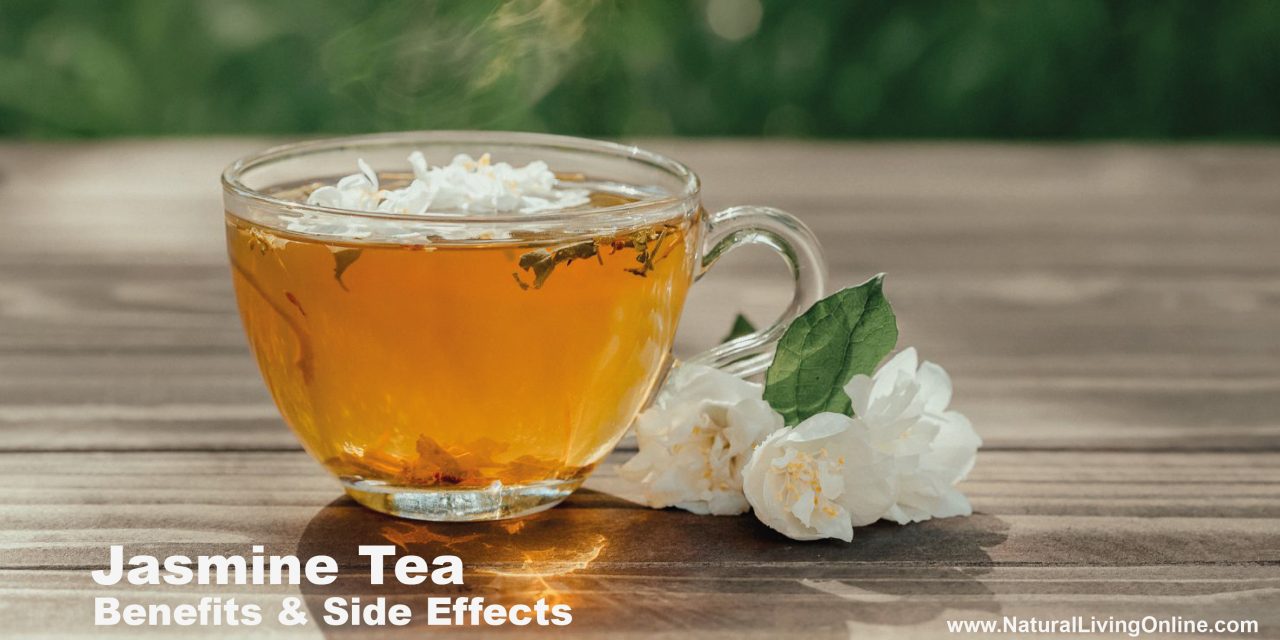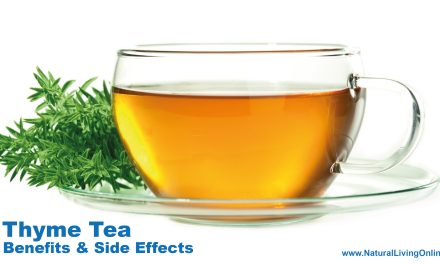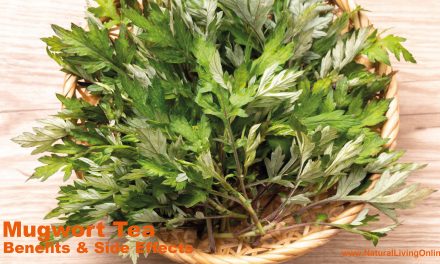Jasmine tea is a fragrant and flavorful beverage that offers a range of potential health benefits. Some studies suggest that jasmine tea can help with weight loss by boosting metabolism. The tea is known for its calming aroma, which may improve mood and aid digestion by relaxing the autonomous nervous system.
Drinking jasmine tea may also promote healthier skin. The catechins in jasmine tea, particularly EGCG, are believed to help reduce acne and improve the skin’s appearance. Additionally, the tea contains antioxidants that protect cells from damage and support overall health.
Though jasmine tea is generally safe, it does contain caffeine, which might not be suitable for everyone. Drinking it in moderation, about two to three cups per day, can help one enjoy its benefits without experiencing negative side effects.
Key Takeaways
- Jasmine tea may help with weight loss and mood improvement.
- The tea contains antioxidants that support skin health and overall wellness.
- Moderation is key due to its caffeine content.
Understanding Jasmine Tea
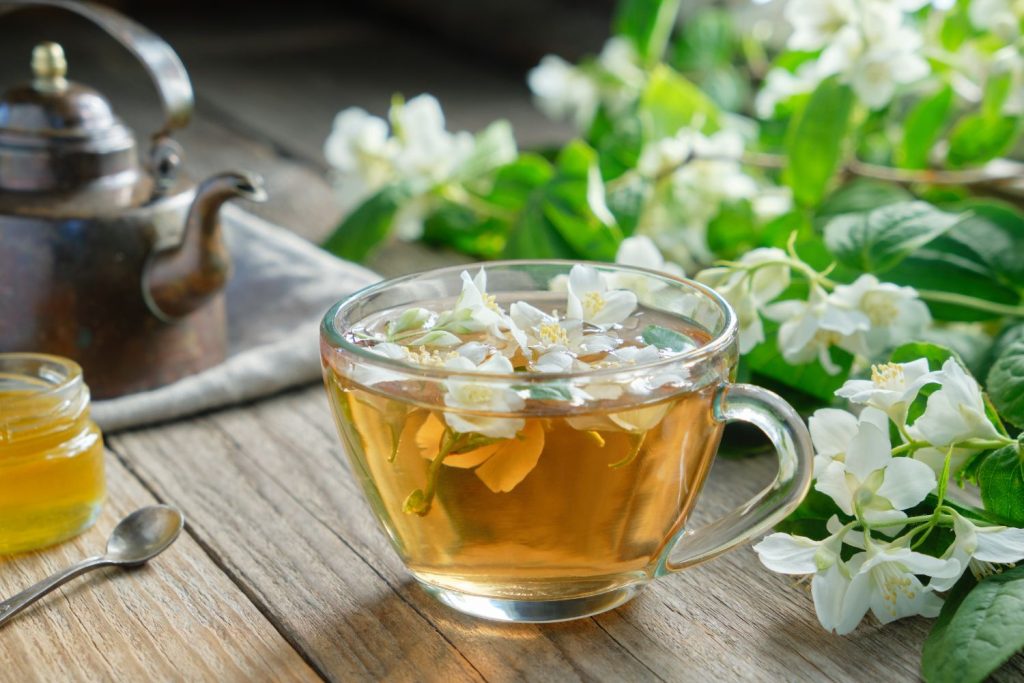
Jasmine tea, enjoyed for its delicate flavor and floral aroma, is made by infusing tea leaves with jasmine blossoms. The tea can be based on green, black, or white tea, each offering unique characteristics.
Origin and Types
Jasmine tea has a rich history dating back to the Song Dynasty in China. It is traditionally made using Common Jasmine, a plant known for its sweet-smelling flowers.
Jasmine Green Tea is the most common, providing a light and fresh taste. Jasmine Black Tea offers a stronger, more robust flavor. Jasmine White Tea is the least processed, maintaining a delicate and subtle taste.
Chemical Composition
Jasmine tea’s health benefits come from the tea leaves themselves and the jasmine flowers. The tea contains polyphenols, which are antioxidants that can help reduce inflammation and improve heart health.
Flavanols and sesquiterpenoids are also present, contributing to the anti-aging effects and protecting the skin and brain. Catechins, found in high amounts in Jasmine Green Tea, can also help prevent diabetes.
Preparation Methods
To make jasmine tea, start with high-quality loose tea leaves. Most experts recommend using green tea as the base. The tea leaves are layered with fresh jasmine blossoms overnight, allowing the flowers to infuse the tea with their scent.
Steeping jasmine tea is simple. Use one teaspoon of tea per cup and steep for 2-4 minutes in hot, but not boiling, water. This helps preserve the delicate flavors and aromas.
Health Benefits of Jasmine Tea
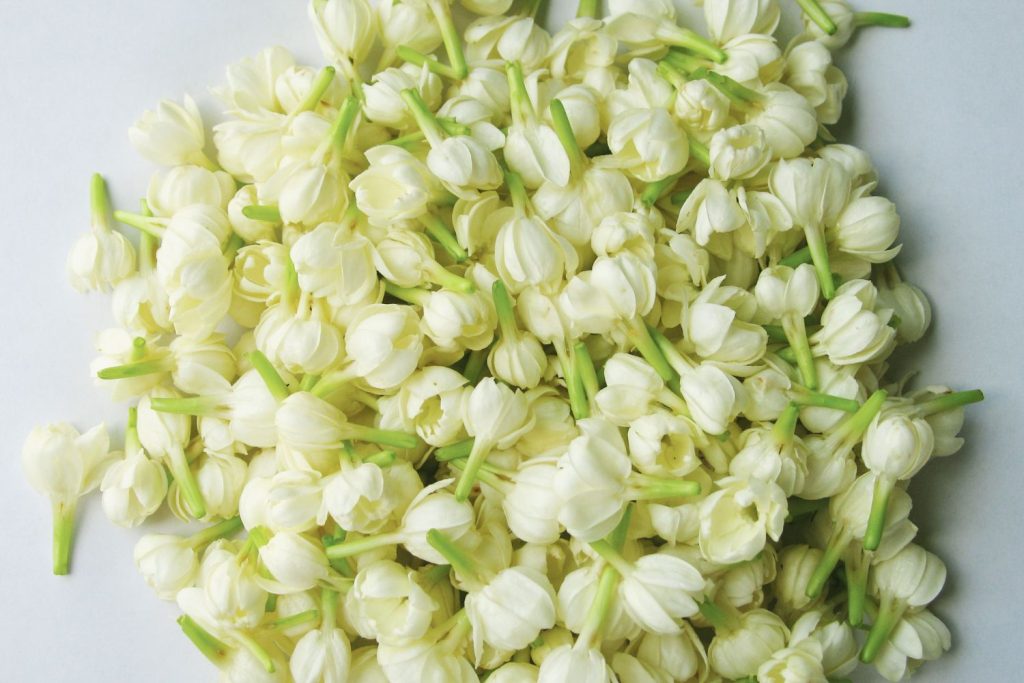
Jasmine tea offers various health benefits, including powerful antioxidants, improved heart health, enhanced metabolism, weight management, and mental well-being.
Antioxidant Effects
Jasmine tea is rich in antioxidants, such as catechins and polyphenols, which help protect cells from damage caused by free radicals. These compounds can reduce inflammation and lower the risk of chronic diseases like cancer and heart disease. The antioxidants in jasmine tea work to neutralize harmful molecules, contributing to overall cellular health and longevity.
Heart Health and Circulation
Jasmine tea may benefit heart health by improving circulation and reducing the risk of cardiovascular issues. The polyphenols found in the tea can help lower LDL cholesterol levels, which can clog arteries and lead to heart problems. Improved blood flow and reduced blood pressure are also linked to the regular consumption of jasmine tea.
Metabolism and Weight Loss
Jasmine tea can support metabolism and weight loss efforts. The caffeine and catechins in the tea can increase calorie burning and fat oxidation. Some studies suggest that jasmine tea can boost metabolism by 4-5%, aiding in weight loss. Drinking jasmine tea as part of a balanced diet and regular exercise routine can help manage weight more effectively.
Mental Well-Being
The aroma of jasmine tea can have a soothing effect on mental well-being. It has been shown to improve mood, reduce stress, and alleviate symptoms of anxiety. The calming fragrance of jasmine tea can enhance overall brain function and promote relaxation, making it a good choice for those seeking to manage stress and promote mental clarity.
Nutritional Profile and Properties

Jasmine tea is known for its delicate flavor and health benefits. It is not only refreshing but also brings a host of nutrients and properties that can support overall well-being.
Calories and Caffeine Content
Jasmine tea is often praised for its low-calorie content. A cup of jasmine tea typically contains zero calories, making it an excellent choice for those watching their weight. This can be beneficial for anyone trying to reduce caloric intake without sacrificing flavor.
The caffeine content in jasmine tea varies depending on the base tea used, such as green, black, or white tea. Generally, a cup of jasmine tea may contain between 15-60 milligrams of caffeine. This can provide a gentle boost in alertness. Caffeine present in jasmine tea may also aid in metabolism and fat burning by increasing calorie expenditure.
Vitamins and Minerals
While jasmine tea itself does not offer significant quantities of vitamins and minerals, the base tea (green, black, or white) it’s made from can contribute some nutrients. For example, green tea, often used as a base, contains small amounts of vitamins C, D, and several B vitamins. These can contribute to overall health by supporting immune function and energy metabolism.
Minerals present in jasmine tea, such as calcium, magnesium, and potassium, are also essential for various bodily functions. They can aid in maintaining healthy bones, muscle function, and proper hydration levels. While the amounts are minimal compared to other beverages, they still add value to the nutritional profile of jasmine tea.
Anti-Inflammatory and Anti-Aging
Jasmine tea contains several compounds that offer anti-inflammatory and anti-aging benefits. Epigallocatechin gallate (EGCG), found in green tea, has potent antioxidant properties that fight oxidative stress and reduce inflammation. This can help in lowering the risk of chronic diseases such as heart disease and certain cancers.
Other antioxidants in jasmine tea include flavanols and catechins. These compounds help slow down the aging process by protecting cells from damage. L-Theanine, an amino acid found in tea, promotes relaxation and reduces stress levels, which can contribute to overall well-being and longevity. These anti-inflammatory and anti-aging properties make jasmine tea a valuable addition to a healthy diet.
Potential Risks and Side Effects
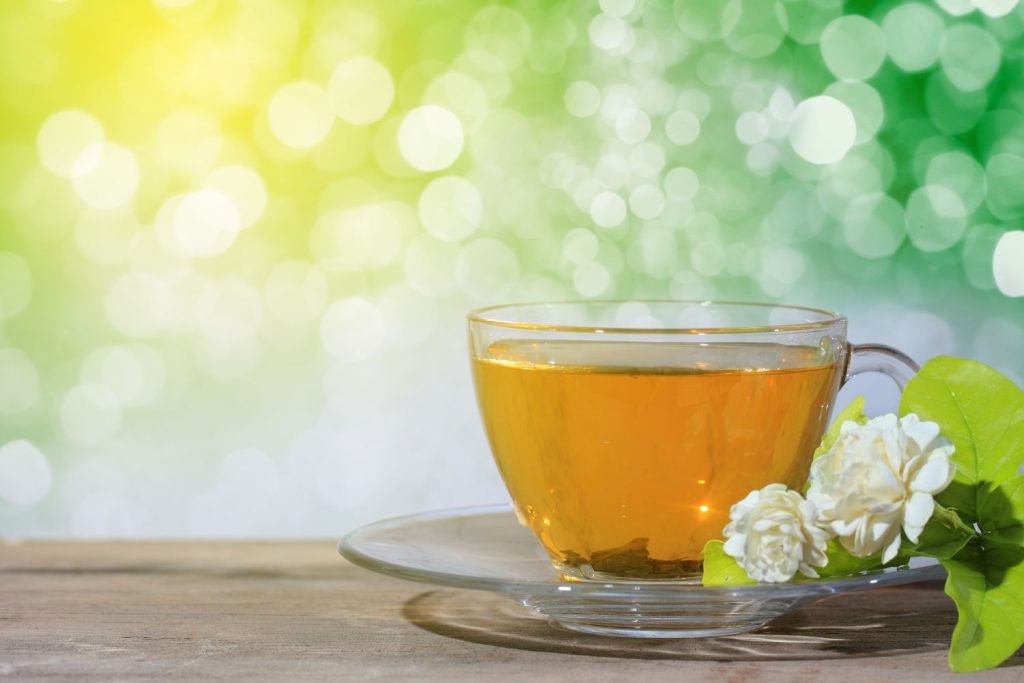
Drinking jasmine tea can be beneficial, but it is important to be aware of the potential side effects. Some individuals may experience issues like caffeine sensitivity, impacts on iron absorption, and interactions with certain medications.
Caffeine Sensitivity
Jasmine tea contains caffeine, which can lead to side effects such as insomnia, nervousness, and an increased heart rate. Those sensitive to caffeine might find even a small amount can cause jitters or disrupt their sleep.
It is important to know your caffeine tolerance. Children and pregnant women should limit their intake of caffeinated beverages, including jasmine tea, to avoid negative side effects. People who are prone to anxiety might also find caffeine worsens their symptoms.
Impact on Iron Absorption
Drinking jasmine tea might affect how the body absorbs iron from food. Compounds in tea, such as tannins, bind to iron, making it more difficult for the body to take in this essential mineral. This can be particularly problematic for individuals who already suffer from iron deficiency or anemia.
To minimize this impact, it is suggested to drink jasmine tea between meals rather than during. Consuming foods rich in vitamin C, such as citrus fruits, alongside iron-rich foods can also help improve iron absorption despite the intake of tea.
Interactions with Medications
Jasmine tea could interact with certain medications. For instance, the caffeine in jasmine tea may interfere with medications like anticoagulants by affecting blood pressure and heart rate. Additionally, individuals taking antidepressants or sedatives should be cautious due to potential interactions that could enhance or weaken the effects of these medications.
Those on medication should consult with a healthcare provider before adding jasmine tea to their diet. This is crucial to ensure there are no adverse effects or interactions that could compromise their treatment plan.
Jasmine Tea in Traditional and Modern Use
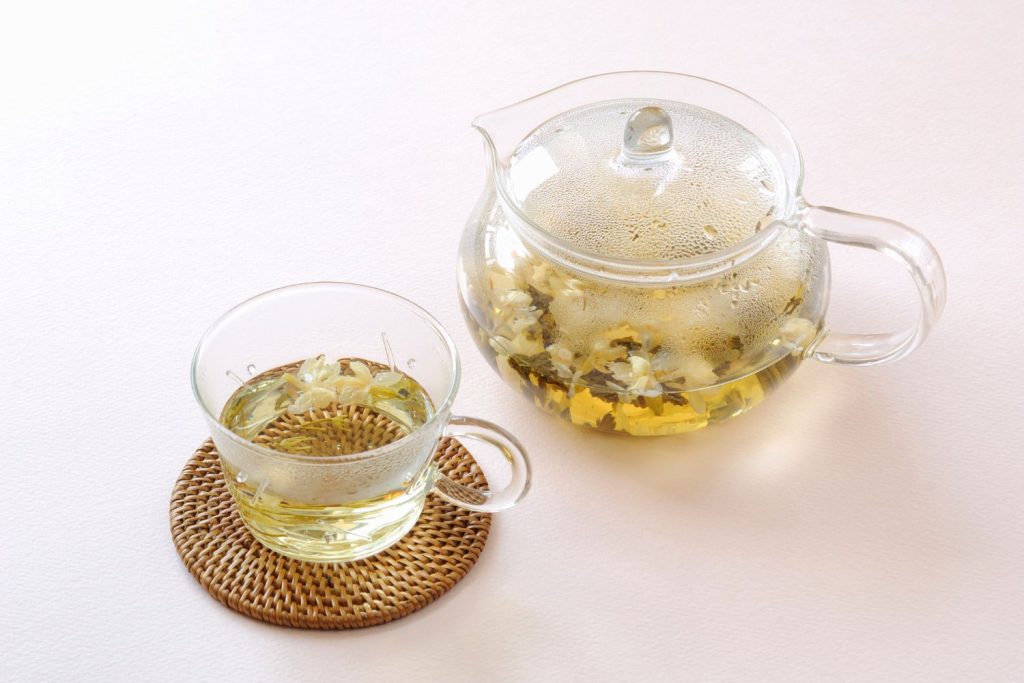
Jasmine tea has played a role in cultural practices and has evolved with advancements in health sciences. Below, we explore its cultural significance, its use in aromatherapy and skin care, and current research.
Cultural Significance
Jasmine tea has deep roots in traditional Chinese culture, especially during the Ming Dynasty. Originally known as sampaguita, jasmine flowers were used to scent green tea. This practice created the first scented teas. The Ming Dynasty popularized this drink, making it a staple in Chinese households.
In many Asian cultures, offering a cup of jasmine tea to a guest signifies respect. The tea’s delicate fragrance is often linked to relaxation and hospitality. It remains a popular choice in ceremonial rites and festive celebrations.
Jasmine Tea in Aromatherapy and Skin Care
Jasmine tea is not only for drinking but also for its aromatic properties. In aromatherapy, the scent of jasmine is known to have a calming effect. Research supports that the fragrance can relieve stress and improve mood by acting on the nervous system.
Skin care products often include jasmine tea extracts. Its antioxidant properties help improve skin health. Ingredients like EGCG (epigallocatechin gallate) in jasmine tea may aid in reducing acne and oiliness. This has made it a popular component in facial cleansers and creams aimed at achieving clear skin.
Current Research and Future Prospects
Current research on jasmine tea focuses on its various health benefits. Studies suggest that drinking jasmine tea can aid in weight loss by boosting metabolism. The antioxidants present in jasmine tea support cardiovascular health.
Future prospects include studying the specific polyphenols in jasmine tea that might prevent chronic diseases. Scientists continue to explore the potential of jasmine tea in combating different ailments. This ongoing research aims to validate traditional uses and discover new health benefits.
Frequently Asked Questions
What are the potential health benefits of jasmine tea for skin health?
Jasmine tea contains antioxidants that may help protect the skin from damage. The tea’s polyphenols can reduce irritation and improve skin elasticity. These properties help keep the skin looking youthful and clear.
Can drinking jasmine tea promote weight loss?
Jasmine tea, especially when made from green tea, can boost metabolism. This helps the body burn fat more efficiently. Drinking it regularly might support weight loss efforts when combined with a balanced diet and exercise.
In general, jasmine tea is safe for the liver. However, overconsumption could potentially lead to liver issues due to caffeine and other compounds. Moderation is key to avoiding any adverse effects.
How might jasmine tea affect hair health?
The antioxidants in jasmine tea can benefit hair by reducing oxidative stress on hair follicles. This may help promote healthy hair growth and reduce hair loss. Incorporating jasmine tea into your routine might result in shinier, stronger hair.
Is regular consumption of jasmine tea safe for the kidneys?
Regular consumption of jasmine tea is usually safe for the kidneys. It can even support kidney health by promoting hydration. Just make sure to avoid excessive intake to prevent potential strain on the kidneys.
Could drinking jasmine tea impact blood pressure levels?
Drinking jasmine tea can have a positive impact on blood pressure. The tea’s antioxidants, especially those found in green tea, can improve cardiovascular health. This may help lower blood pressure levels and reduce the risk of heart disease.
References:
This website does not provide medical advice.
All information provided on this website, and on associated social media networks, including but not limited to texts, images, and numbers are for general information purpose only. It is not intended as medical advice and it does not include all possible precautions, side effects, or interactions that may occur. Neither NaturalLivingOnline.com nor its author/founder take responsibility for how you use this information. Statements contained on NaturalLivingOnline.com have not been evaluated by the FDA. You should conduct thorough research via multiple sources and consult your physician or qualified doctor before using any essential oil or herbal remedy. Information on NaturalLivingOnline.com must not be relied upon for medical, legal, financial or other decisions.

